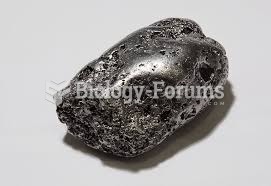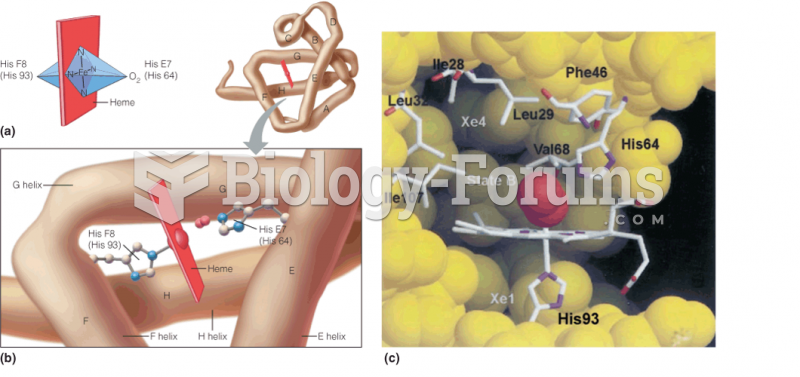|
|
|
There are more nerve cells in one human brain than there are stars in the Milky Way.
In the United States, an estimated 50 million unnecessary antibiotics are prescribed for viral respiratory infections.
Of the estimated 2 million heroin users in the United States, 600,000–800,000 are considered hardcore addicts. Heroin addiction is considered to be one of the hardest addictions to recover from.
There are more sensory neurons in the tongue than in any other part of the body.
A strange skin disease referred to as Morgellons has occurred in the southern United States and in California. Symptoms include slowly healing sores, joint pain, persistent fatigue, and a sensation of things crawling through the skin. Another symptom is strange-looking, threadlike extrusions coming out of the skin.







